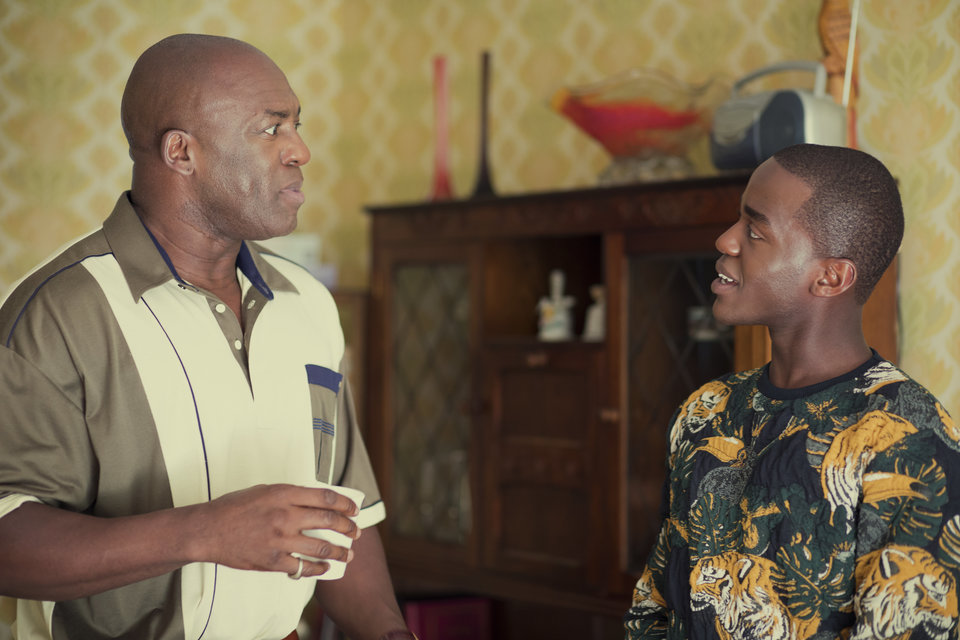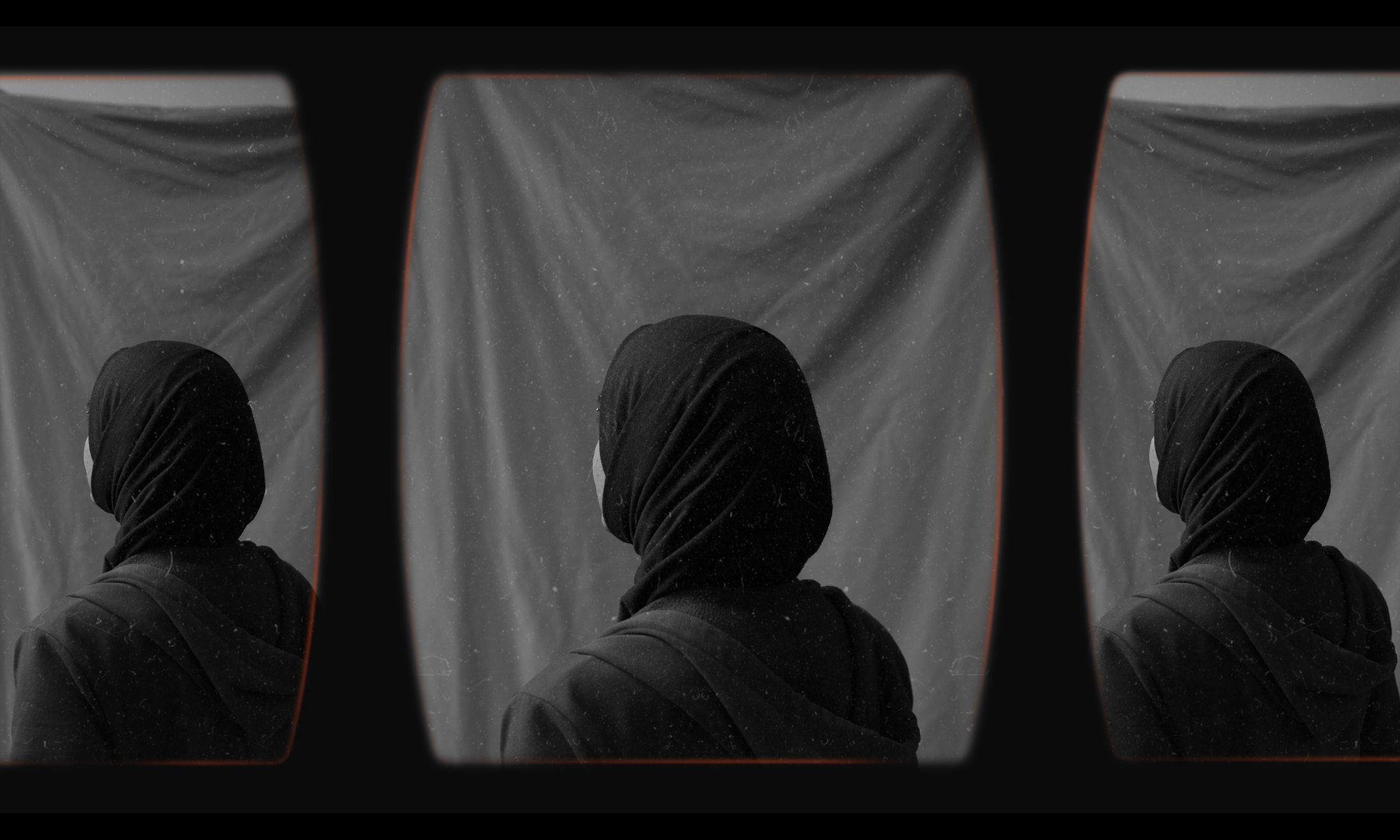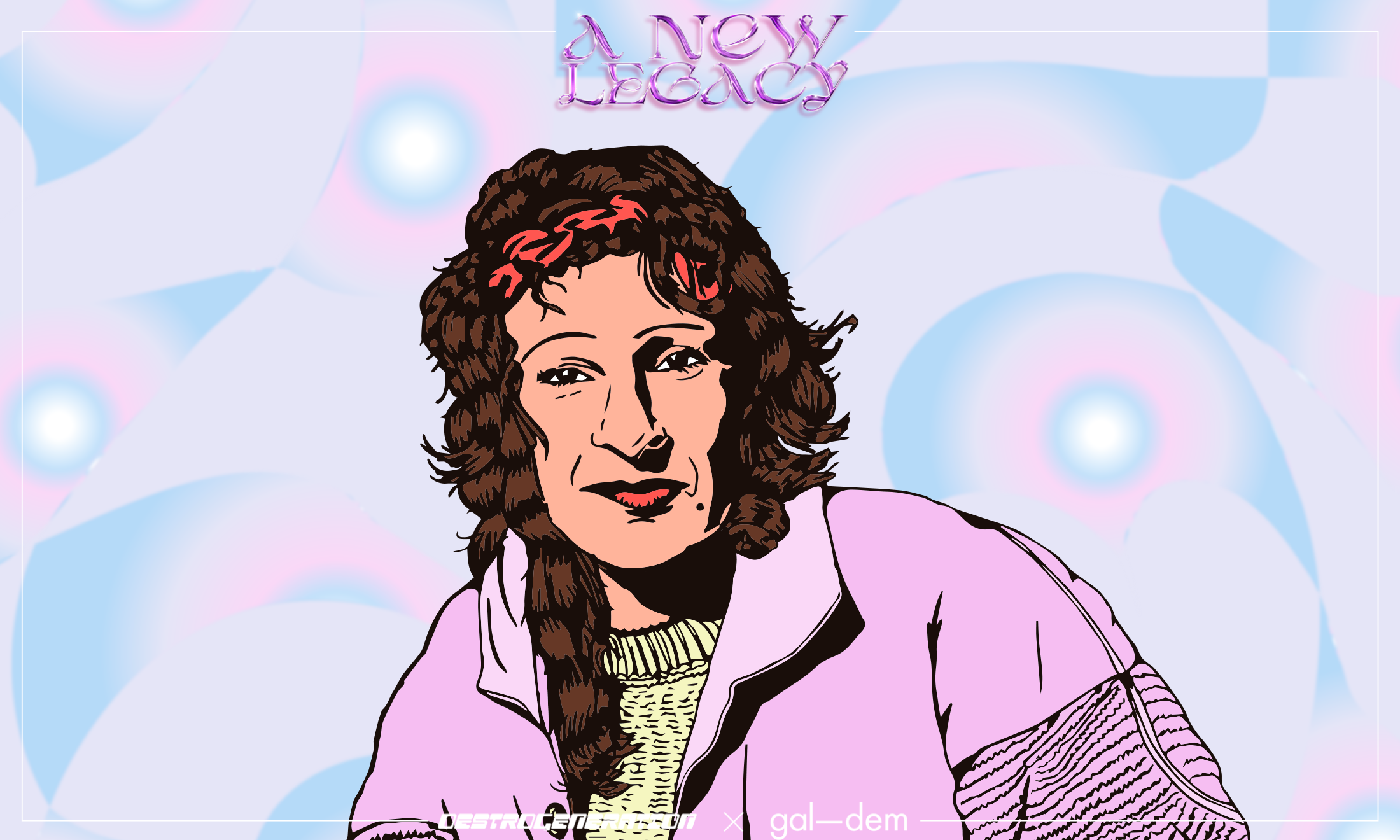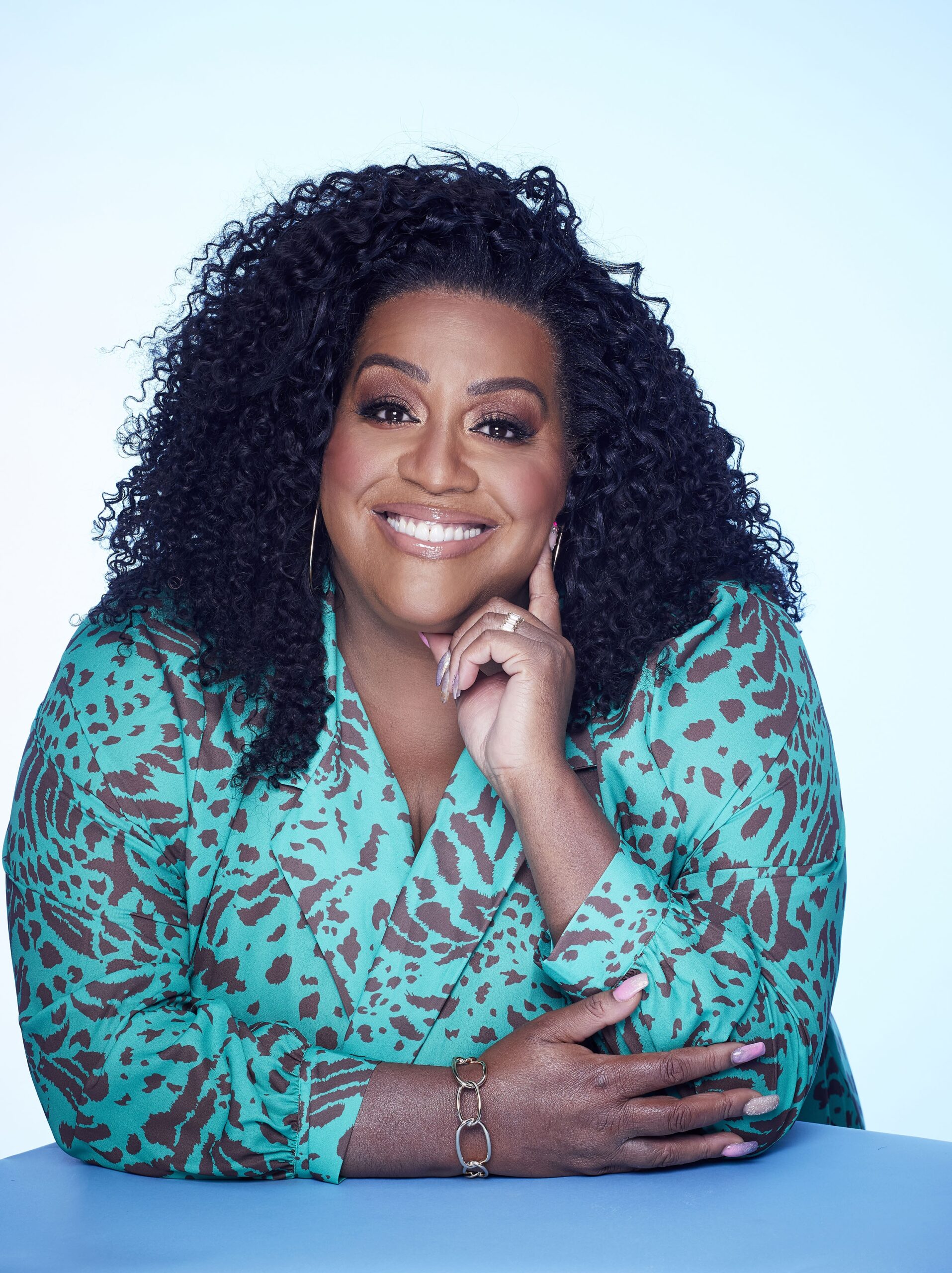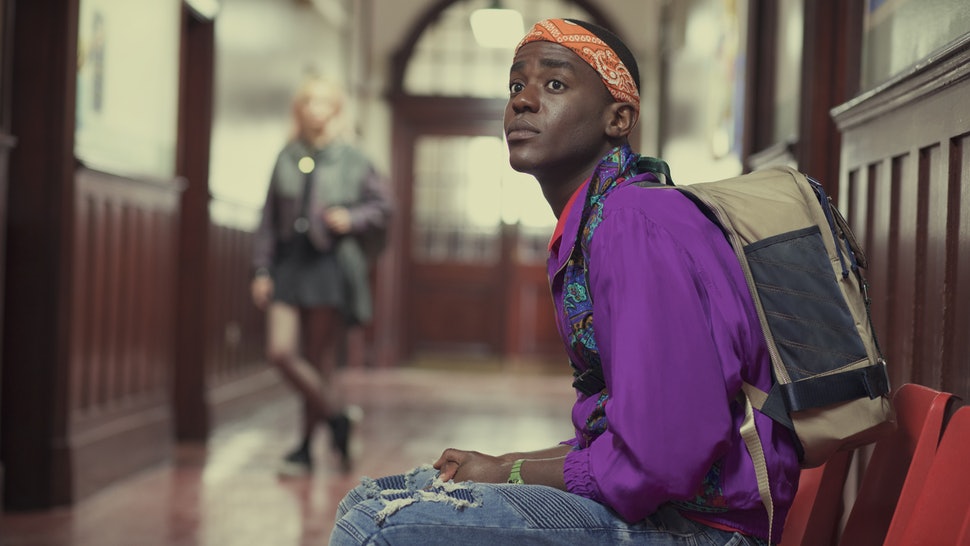
Image via Netflix
Netflix has reported staggering viewing figures of their new show Sex Education – 40 million accounts so far have streamed the show. Despite somewhat flummoxing the British public with heavy sprinklings of Americanisms and confusion over which era it’s actually set in, Sex Education is very much trending – with the show’s diversity and sex-positive outlook gaining widespread acclaim.
With the premise centring around a British teenage boy, Otis, and his sex therapist mother – we see our protagonist struggle with his masculinity as well as encountering internal battles with his own sexual identity. When Otis meets Maeve, a rebellious and endearing young woman with a keen business acumen, they plot to set up a “sex clinic” where they offer impartial sex advice to their peers for a fee. Strung through the main characters’ antics are discussions of feminism, asexuality, gender fluidity and other aspects of gender and sexuality that are lesser-represented on screen.
“Amongst the fabric of the teenage TV we’re used to, its representation of people of colour is impressive”
But the thing viewers are talking about, and that I was most impressed by, is the show’s approach to race. Amongst the fabric of the teenage TV we’re used to, its representation of people of colour (PoC) is impressive. What’s more is that other PoC, such as Anwar (Chaneil Kular) and Olivia (Simone Ashley) in the show aren’t ever pigeonholed due to their heritage. Often when we see shows with a cast made up of different ethnicities, their “otherness” is highlighted. But in Sex Education – it’s normalised, with interracial relationships often represented too.
Eric (Ncuti Gatwa), Otis’ lifelong best friend, shines in this respect – he’s a queer black man – and the ways that his sexuality, race and culture intersect are a recurring theme throughout. PoC are often relegated to the “funny sidekick”, and Eric as the best friend could easily fall prey to this, but instead, he plays a crucial and instrumental role in the show’s plot and dynamics, and is given depth and development.
Coming from a seemingly traditional family, we see Eric struggling to reconcile the different elements of his black queer identity. I come from an African background myself, and the show does very well in avoiding depicting Eric’s family as regressive or oppressive. So many shows opt for a lazy “breaking with culture” storyline – in which a character renounces his religion or culture in order to pursue another (sometimes more western) “lifestyle”. But Sex Education steers clear of this tired pitfall – instead, we see Eric once again embrace his faith and his sexuality independently of his family. We also see Eric’s relationship with his father strengthen throughout the series as Eric becomes more confident in his own identity.
It’s not necessarily revolutionary to acknowledge that PoC are highly under-represented in film and TV, but Sex Education should serve as a reminder of just how far these industries still have to go. Yes, Sex Education’s approach to inclusivity does a subtle job amongst the widely celebrated, staunchly black-led films in the spotlight such as Black Panther. But the type of normalisation done by Sex Education, to me, feels quite natural – and most importantly, incredibly relatable in terms of the issues it tackles such as friendships, relationships and coming of age.
Somehow, Sex Education seems to be simultaneously set in a fantasy world, and one that actually mirrors the one we inhabit. But one thing’s for sure, it does a great job of reflecting how multi-layered and diverse British society is.

